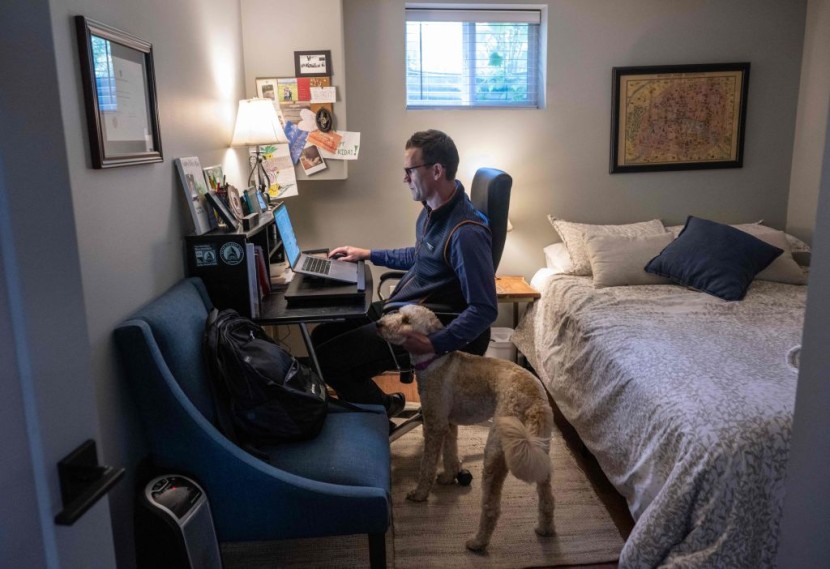
Wells Fargo recently took disciplinary action against a group of a dozen employees last month who were allegedly engaged in deceptive practices related to their work activities.
According to reports, the bank terminated these workers following an internal investigation. The investigation revealed claims that these employees had been utilizing software or methods to simulate keyboard activity on their computers, creating the impression that they were actively working when, in reality, they were not productively engaged in their assigned tasks.
These employees were engaged in "quiet vacationing," a term surging in popularity to describe how remote workers are enjoying vacations without dipping into their paid time off.
What is Quiet Vacationing?
Quiet vacationing, sometimes also known as "quiet quitting," refers to the practice of employees intentionally limiting their work efforts and disengaging from their job responsibilities while still maintaining their employment and receiving compensation. Instead of actively working, these employees may use their work time for personal pursuits, such as traveling, engaging in hobbies, or attending to personal matters at home.
How Do You Fake Being at Work Remotely?
These employees that partake in such practice, may have a keyboard activity simulator that moves the mouse making it seem like they're active on slack but in reality, they're not working.
According to the U.S. News and World Report, some of these employees schedule emails or instant messages at various times so they appear to be working.
How Do Companies Catch Employees Fake Working?
Can companies catch you fake working? According to the BBC, many large corporations have implemented advanced monitoring tools to keep track of their employees' activities. These tools can track various aspects, such as keystrokes, eye movements, screenshots, and website visits, allowing employers to monitor productivity levels.
One such tool is known as the "mouse jiggler," popular on Amazon, is a device designed to simulate computer activity by generating periodic mouse movements. These devices aim to create the appearance of an actively used computer, potentially circumventing the monitoring systems implemented by employers. Mouse jigglers are widely available and marketed as a way for employees to maintain privacy and avoid excessive workplace surveillance.
Is Quiet Vacationing Worth it?
Employees that don't want to use the company's PTO partake in this practice but is it worth losing your job over? Knowing that companies can track what you're doing and catch you in the act the way Wells Fargo caught their employees and fired them, the smarter move is to be upfront with your company. If you need some extra time off, just ask - maybe they'll let you take a "quiet vacation" with their blessing. Or better yet, plan out your year and use your PTO the right way. You don't want to risk losing your job over this.
Trust me, it's not worth the risk. A little honesty and planning can go a long way. Your future self will thank you for keeping it legit.
© 2025 HNGN, All rights reserved. Do not reproduce without permission.









